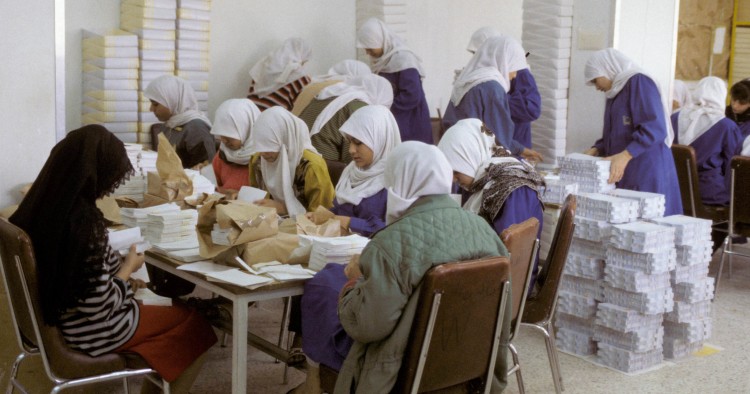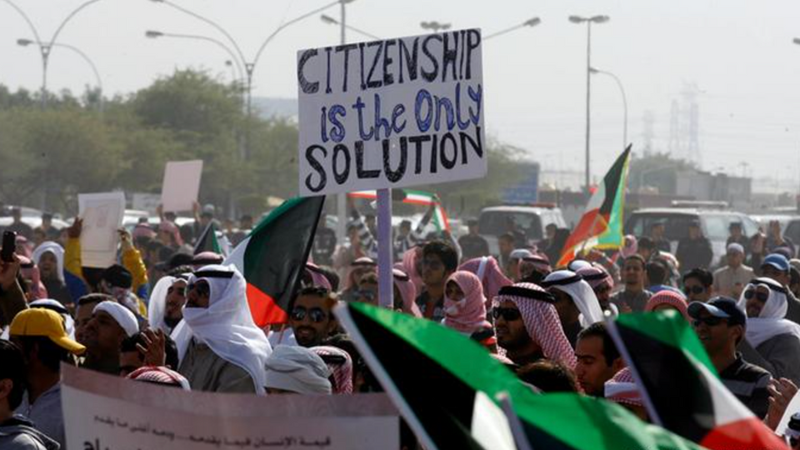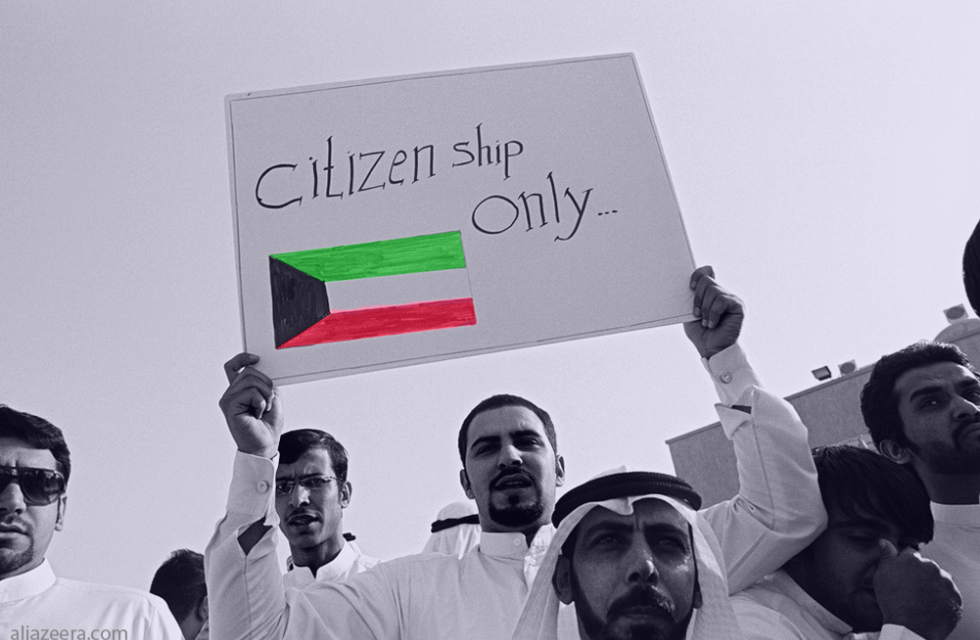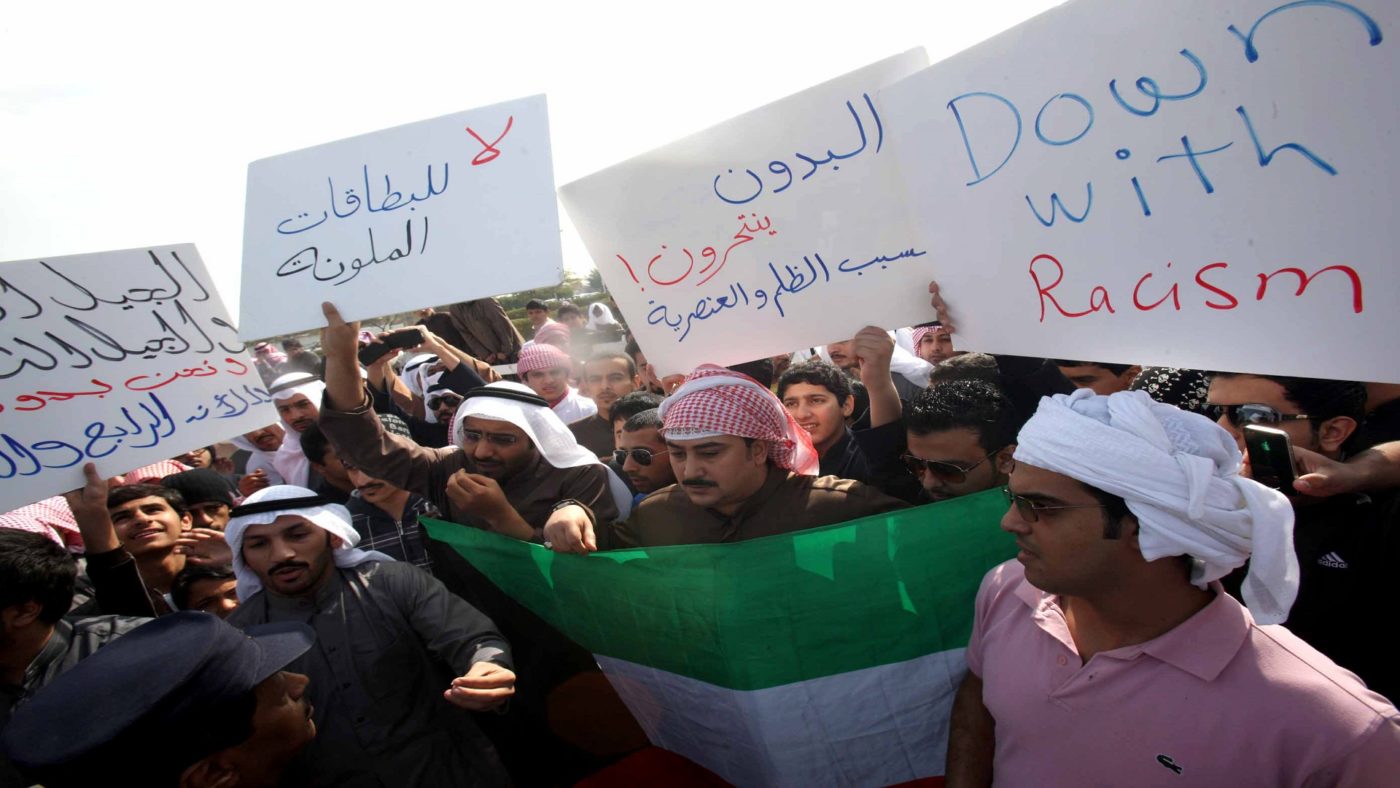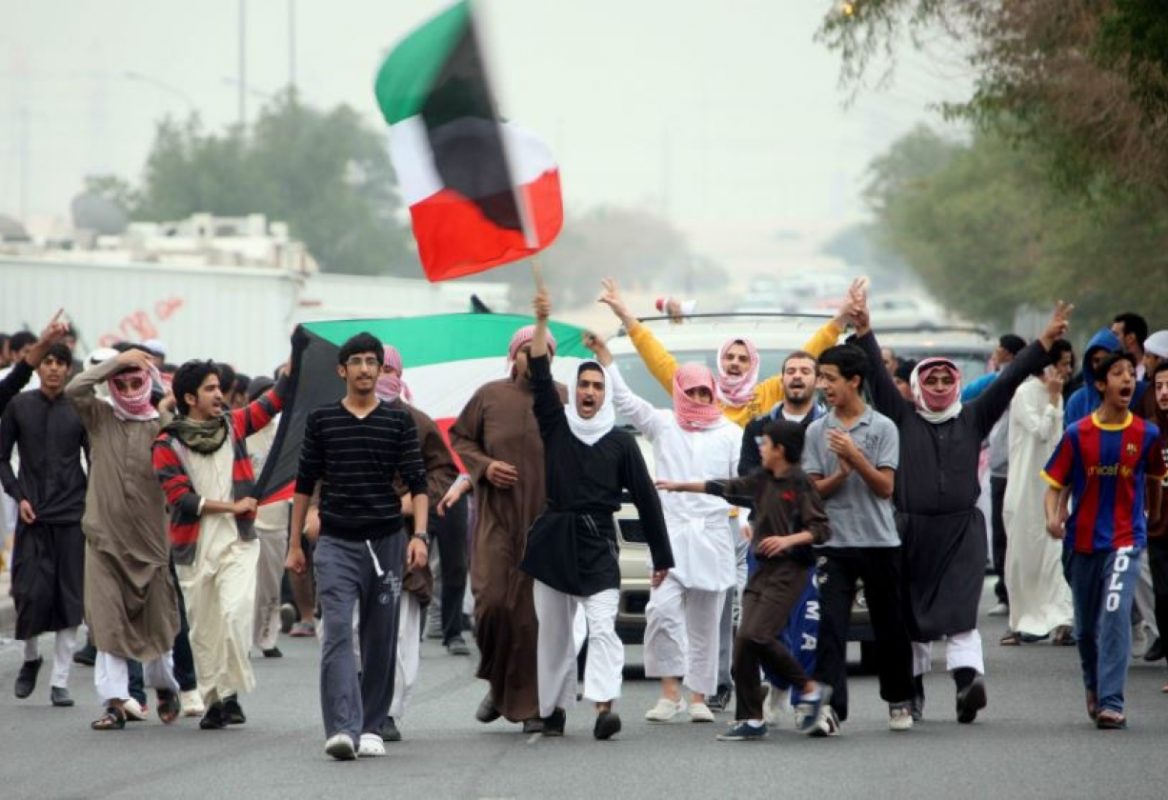The sponsorship system, also known as the ‘kafala’ system, has been around since the 1950s. It was initially created to control migration into Arab countries. The Kafala system usually defines the relationship between foreign workers and their local sponsors, making them their employers. Under this system, states typically give these employers enough funding permits to[…]
Background Kuwait gained independence in 1961, ceasing to be a British protectorate anymore. Upon this development, one-third of the population was given nationality on the basis of being ‘founding fathers’ while another third were naturalized as citizens. The remaining people were designated as bidoon jinsiya which when translated from Arabic means ‘without nationality’. According to[…]
The Government of Kuwait must cease human rights violations against its own Bidoon population. Since Kuwait gained independence in 1961, the government has perpetrated a continuous system of institutionalized discrimination, repression, and degrading treatment against the Bidoon, a stateless minority. These acts violate fundamental human rights of the Bidoon, as well as international law obligations[…]
Stateless individuals, human rights defenders and government critics are routinely subjected to torture and cruel, inhuman or degrading treatment within the country of Kuwait. This is despite Kuwait being party to the United Nations Convention Against Torture (CAT) which stipulates prohibitions on such actions and strictly requires state parties to implement effective legislative, administrative, judicial[…]
Americaans for Democracy & Human Rights in Bahrain (ADHRB) submitted the following written statement for the record during the 44th session of the Human Rights Council in Geneva. The statements addressed migrant workers’ rights violations in Kuwait. Migrant Workers’ Rights Violations in Kuwait, please click here to view the full statement


